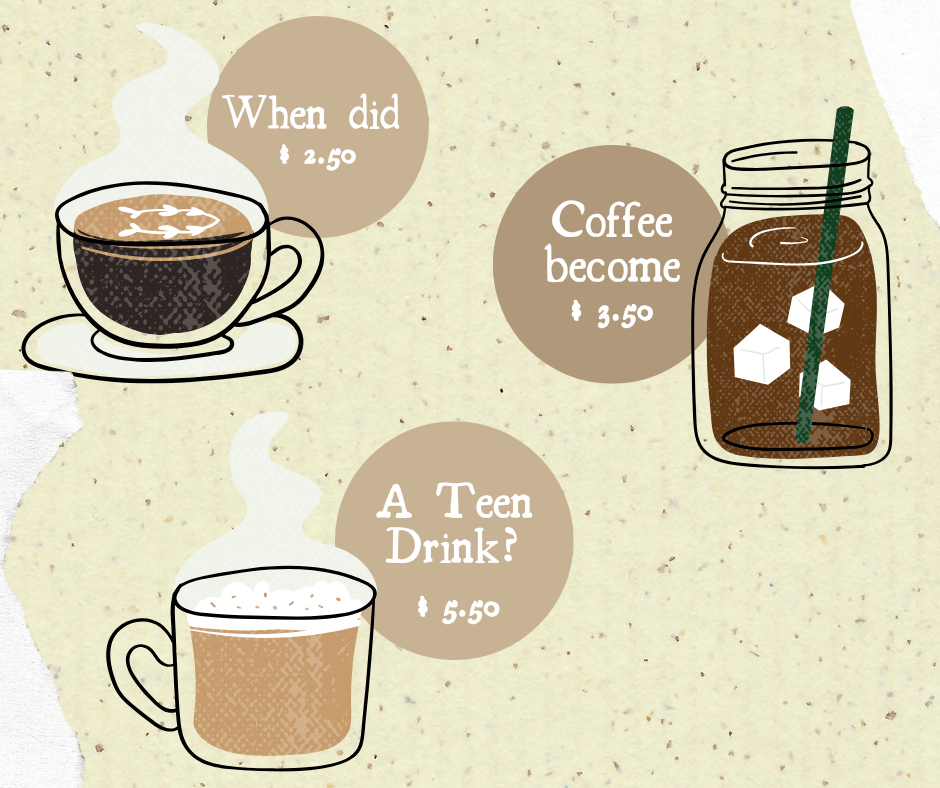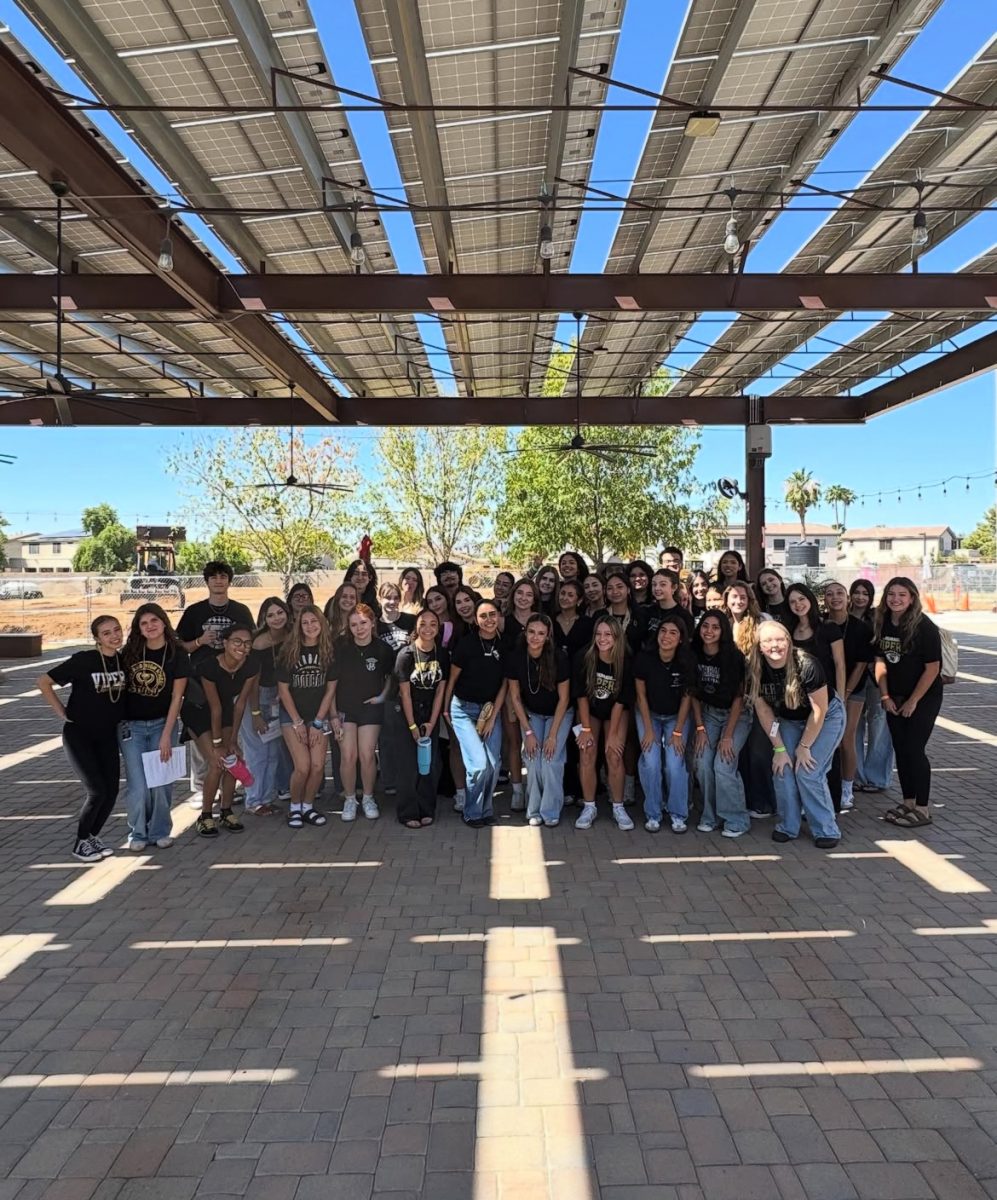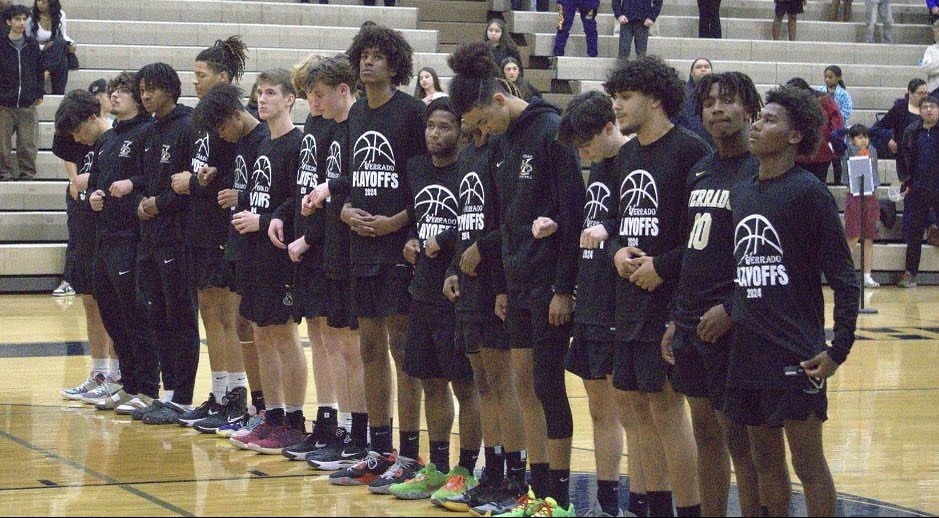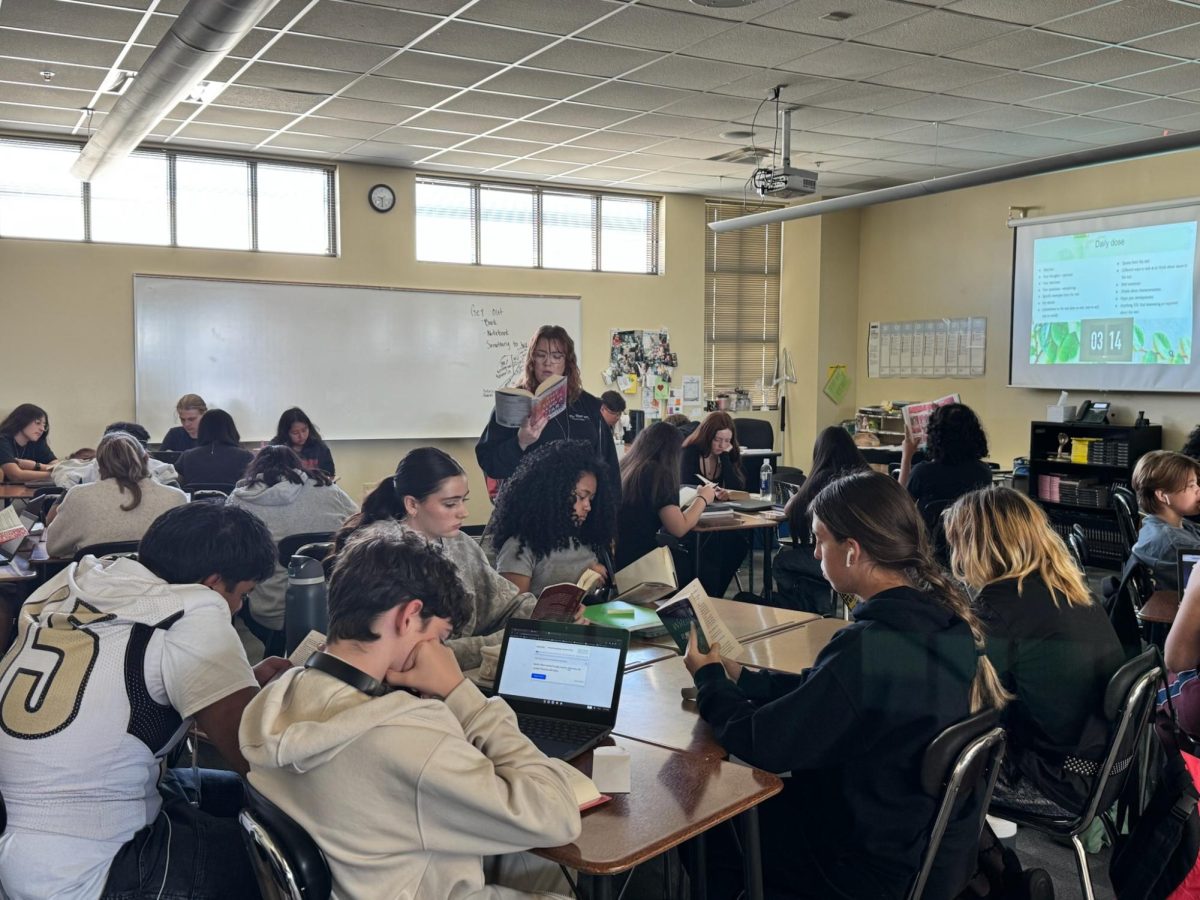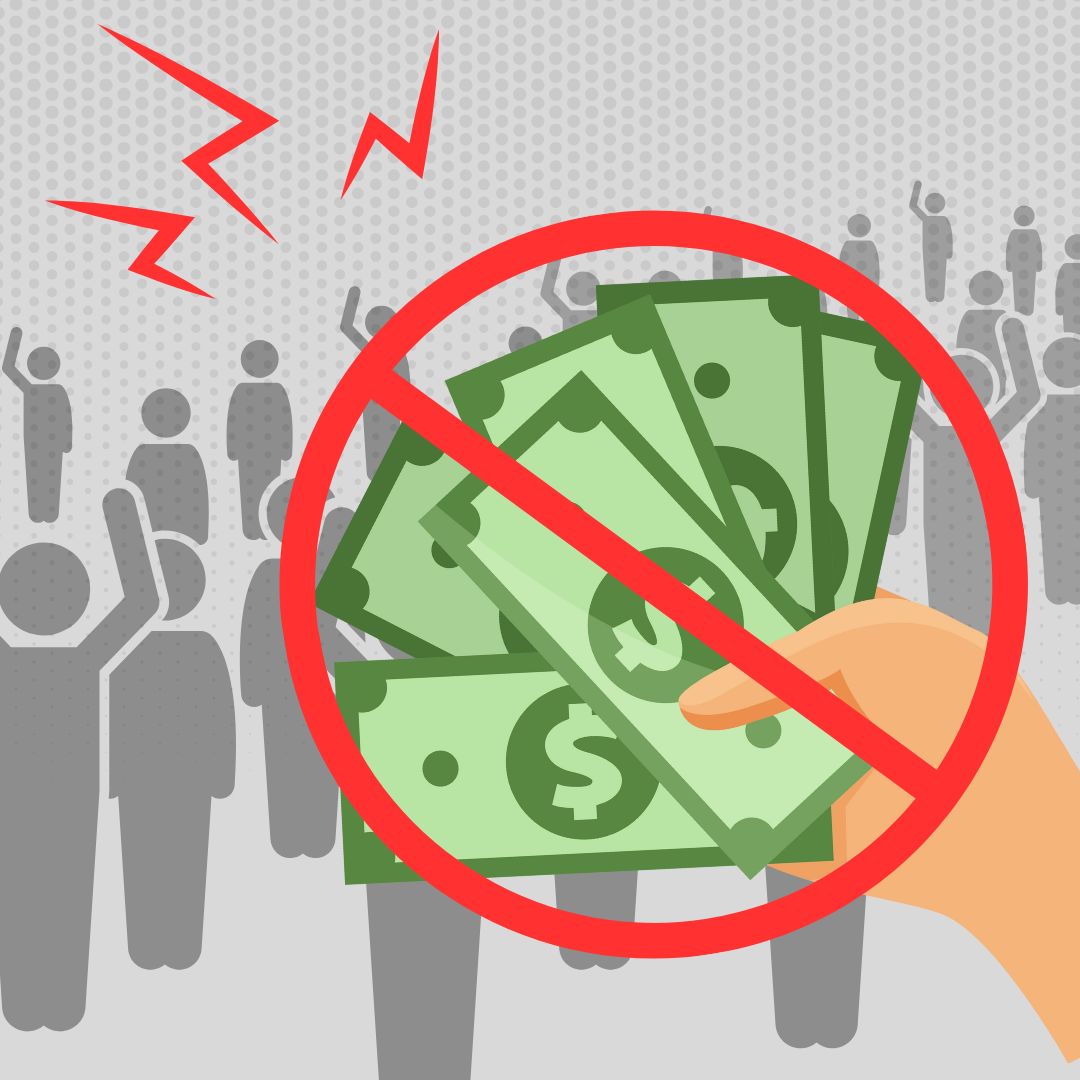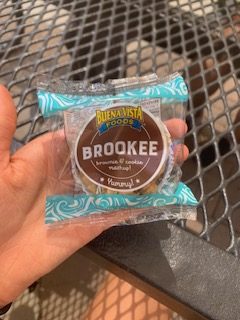Investors expressed relief after hearing what would have been major news for Wall Street last Monday. At 10:15 a.m., CNBC anchors reported that President Trump was considering a 90-day reprieve from his expansive tariffs, according to Kevin Hassett, the director of the National Economic Council.
There was just one problem: It wasn’t true.
The White House swiftly denied the report as “FAKE NEWS,” and CNBC and Reuters, which repeated the claim, issued statements correcting the record.
“We’re not looking at that,” Trump later said, referring to potentially pausing his tariffs. “We’re going to have one shot at this and no other president is going to do what I’m doing.”
But the effects were immediate: The news drove shares sharply higher before falling back down, in a moment of euphoria for uncertain investors. Even after markets appeared to stabilize, the incident served as a cautionary tale against repeating information on social media.
The origin of the claim appeared to come from a Fox News interview with Hassett earlier that day. “I think the president is going to decide what the president is going to decide,” he said when asked about the possibility of Trump temporarily lifting tariffs.
Walter Bloomberg, an account unrelated to Bloomberg News, posted on X shortly after 10:13 a.m. that Hassett had said that the Trump administration was considering a 90-day reprieve on tariffs. Minutes later, Carl Quintanilla, a CNBC reporter, read the headline on air.
“I think we can go with this headline,” Quintanilla said after stocks abruptly rose. “Apparently, Hassett has been saying that Trump will consider a 90-day pause in tariffs on other countries except for China.”
Reuters then repeated the headline, citing CNBC.
An account known as Hammer Capital appeared to be the first to make the claim at 10:11 a.m., according to CNN. The Hammer Capitol account later posted that it had received the headline from trading desks minutes prior.
In a statement, CNBC said that it had “aired unconfirmed information in a banner,” and Reuters issued a statement saying that it had relied on reporting from CNBC. “Reuters has withdrawn the incorrect report and regrets its error,” the news agency said.
The market’s gains had quickly been erased by 10:41 a.m. after the White House dismissed the report. But the influential role that an X account wielded — if temporary — was nonetheless remarkable for a news industry that has emphasized verifiability.
In the years since Elon Musk bought X, then known as Twitter, the site and its owner have amplified an array of disinformation. X relies heavily on its users to police the site through a program known as Community Notes. After acquiring the platform, Musk moved to aggressively expand the program and largely eliminate fact-checking labels.












